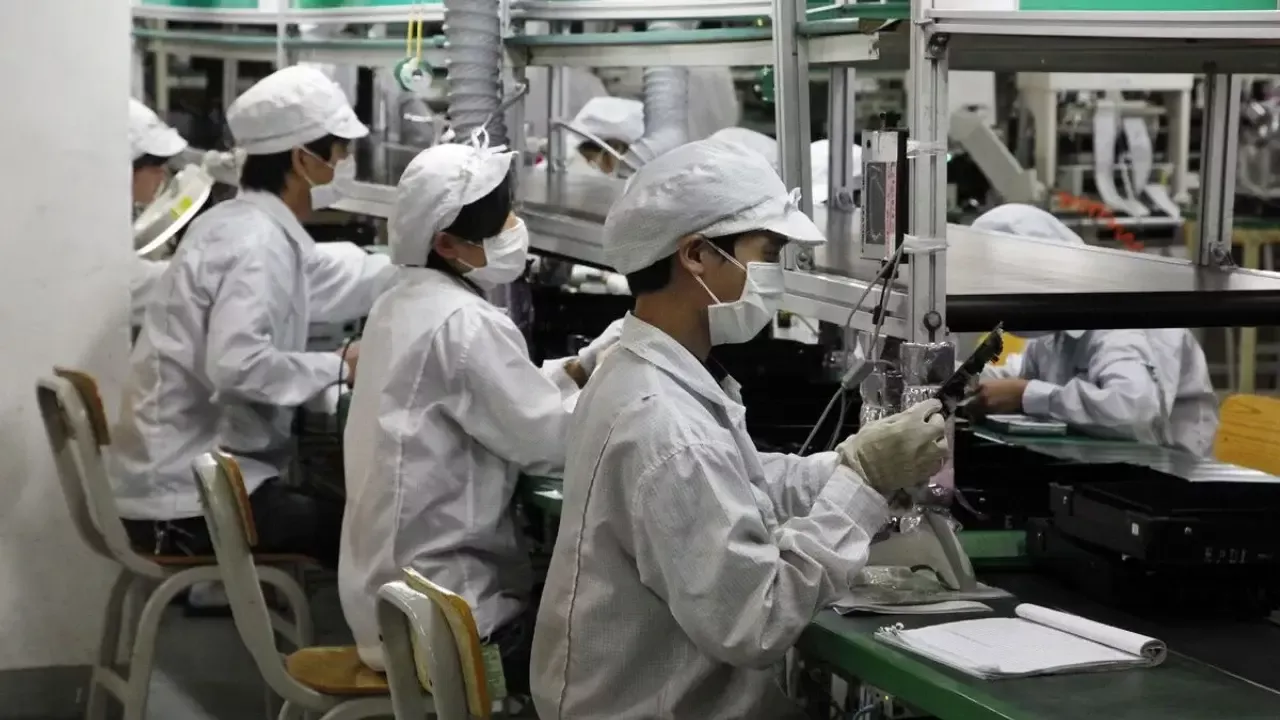Foxsonn violated labor laws in the production of the iPhone 17

According to information distributed by Bloomberg agency, Foxsonn company in Taiwan, the largest contractor of Apple, was found to have violated Chinese labor laws in several instances during the production process of iPhone 17 smartphones. This was reported by Zamin.uz.
A detailed report was published based on the investigation conducted by the China Labor Watch (CLW) organization. The report states that at Foxsonn’s large manufacturing complex in Zhengzhou city, workers were forced to work long hours beyond their scheduled working time.
Most of them were assigned to night shifts. Additionally, problems such as delayed wage payments and non-payment for overtime work were widespread.
The investigation covered the period from March to September 2024, during which the production of new iPhone models peaked. According to the CLW report, the number of workers reached up to 150-200 thousand during the high season, with more than half being temporary employees.
Chinese legislation requires that the share of temporary workers should not exceed 10 percent, which is a clear violation of official regulations. The report also noted the issue of wages being paid in two parts.
Half of the wages are paid at the end of the month, and the remaining part during the next accounting period. Because of this, employees leaving the job often did not receive payment for their extra hours worked.
Human rights defenders also highlighted other issues: working beyond the designated hours, employing young workers on night shifts, inequality in hiring, insufficient provision of protective equipment when handling hazardous materials, as well as cases of pressure and intimidation towards workers. Apple, in its statement, emphasized its adherence to the highest standards in labor protection, human rights, and business ethics.
It also announced its commitment to regularly inspect contractors and respond promptly to reports of violations. According to Apple’s internal rules, the workweek should not exceed 60 hours, but Foxsonn workers were often forced to work up to 75 hours per week.
The CLW organization recalled that it last conducted an inspection in 2019 and noted that although the situation has worsened in some aspects, there have been positive changes such as the cessation of employing young workers in production and a reduction in overtime work cases.







